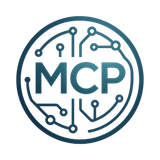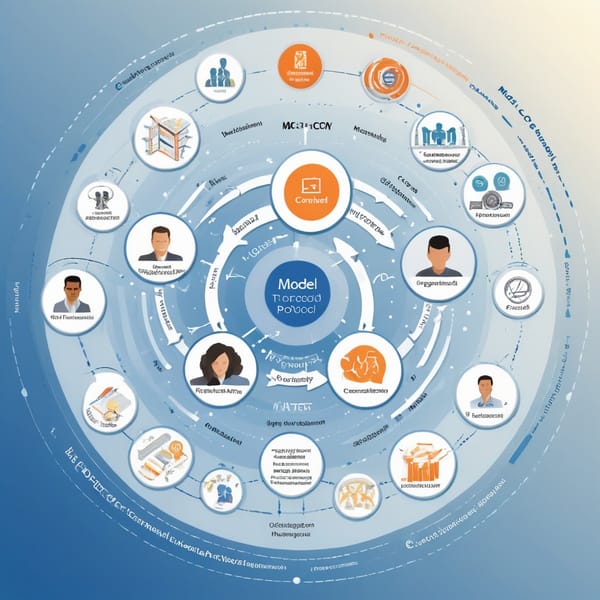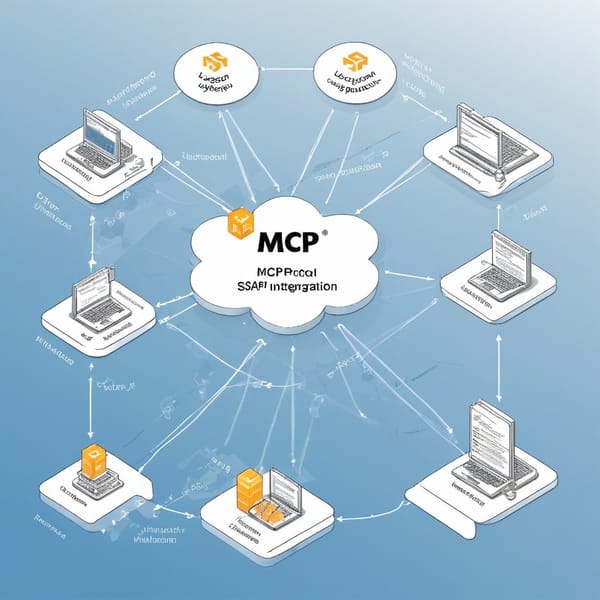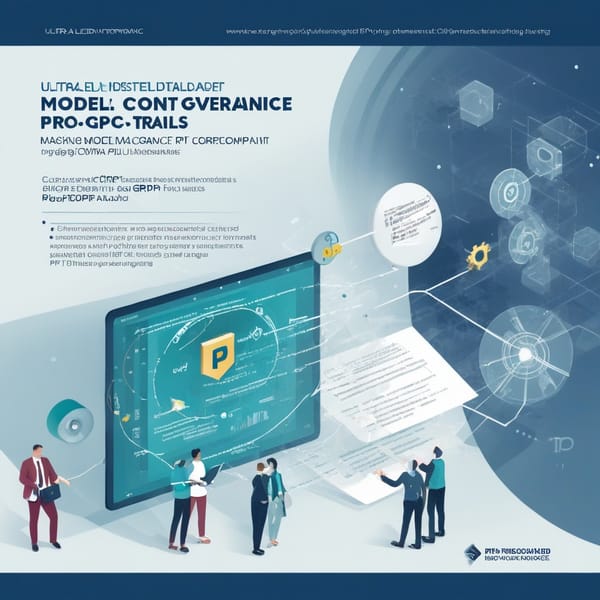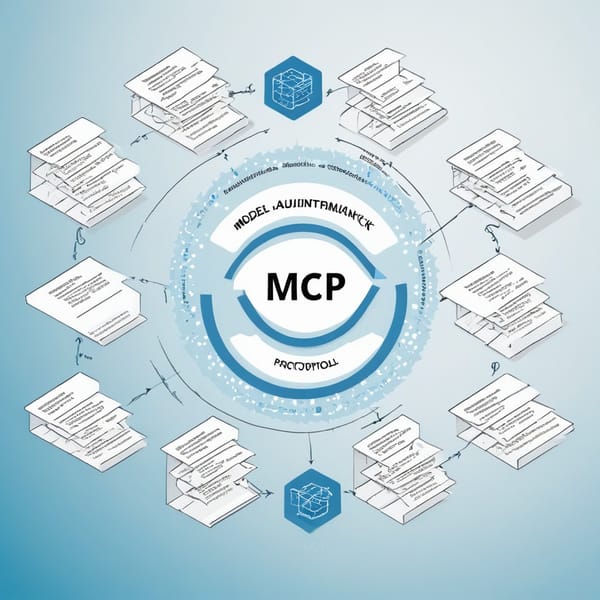Case Study: MCP Pharma Logistics – Cold Chain Monitoring with IoT Sensors & Blockchain Audit Tools
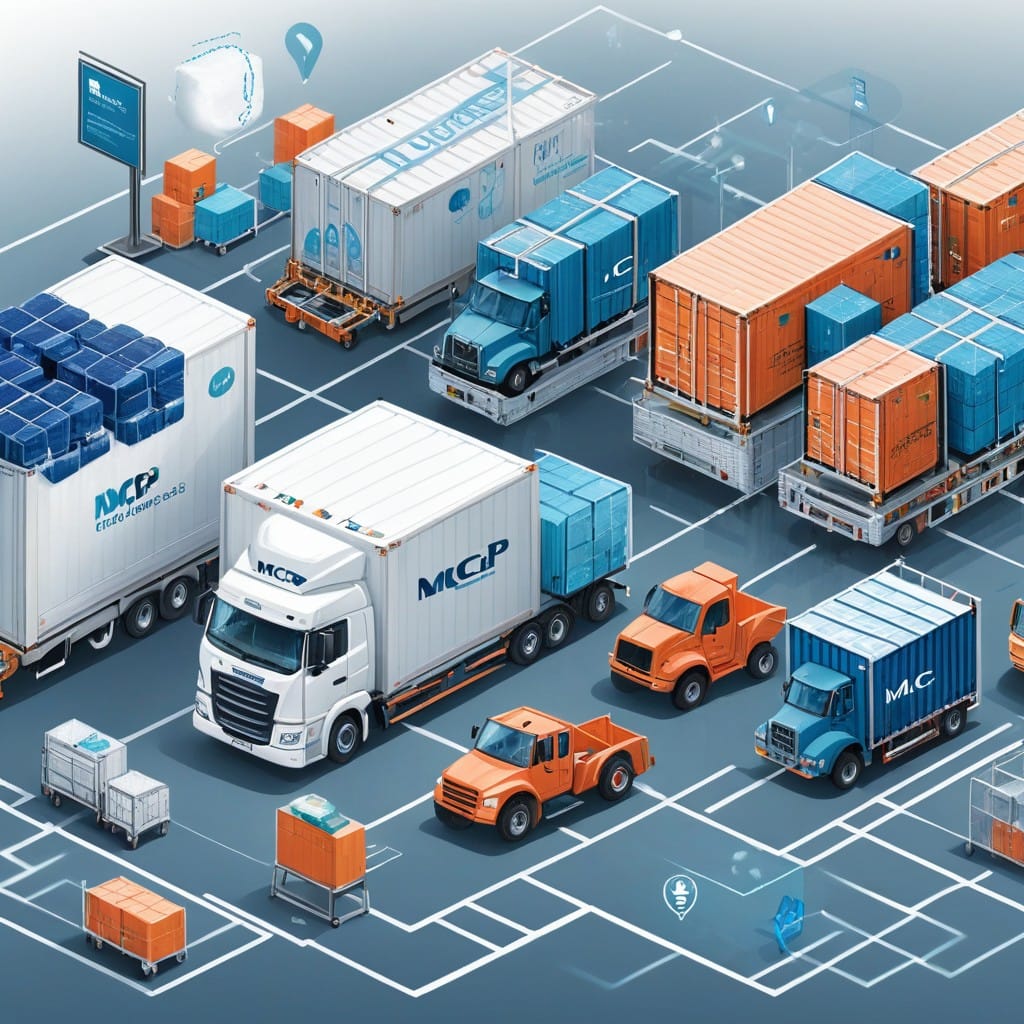
Project Overview
The Model Context Protocol (MCP) Pharma Logistics project was designed to address critical challenges in pharmaceutical cold chain logistics. The initiative focused on ensuring real-time temperature monitoring of sensitive pharmaceutical products (such as vaccines, biologics, and insulin) during transit using IoT-enabled resource nodes and blockchain-based audit tools.
Pharmaceutical logistics require strict compliance with temperature ranges to prevent spoilage, regulatory violations, and financial losses. Traditional monitoring systems often rely on manual checks or fragmented IoT solutions, leading to data gaps and audit inefficiencies. MCP’s solution integrated protocol-managed IoT sensors with blockchain immutability to provide end-to-end visibility, automated alerts, and tamper-proof audit trails.
Challenges
- Temperature Excursions & Product Loss – Even minor deviations in temperature during transit can render pharmaceuticals ineffective, leading to millions in losses.
- Manual Monitoring & Human Error – Traditional methods (e.g., data loggers with post-shipment checks) introduce delays and inaccuracies.
- Regulatory Compliance & Audit Complexity – Pharma logistics must comply with GDP, FDA 21 CFR Part 11, and WHO guidelines, requiring verifiable, tamper-proof records.
- Lack of Real-Time Alerts – Without instant notifications, corrective actions are delayed, increasing spoilage risks.
- Data Fragmentation & Siloed Systems – Legacy IoT solutions often lack interoperability, making end-to-end tracking difficult.
Solution
MCP Pharma Logistics deployed a decentralized, protocol-managed IoT and blockchain system to ensure real-time cold chain integrity:
1. IoT Resource Nodes for Temperature Monitoring
- Wireless IoT Sensors – Embedded in shipping containers, pallets, and individual packages to continuously track temperature, humidity, and location.
- Edge Computing – On-device processing reduced latency, ensuring immediate alerts if thresholds were breached.
- LPWAN & 5G Connectivity – Ensured seamless data transmission even in low-network areas.
2. Blockchain for Immutable Audit Trails
- Smart Contracts – Automated compliance checks and triggered corrective actions (e.g., rerouting shipments if temperature deviations occurred).
- Decentralized Ledger – All sensor data was hashed and stored on-chain, preventing tampering and ensuring regulatory compliance.
- Permissioned Access – Authorized stakeholders (manufacturers, logistics providers, regulators) could access real-time and historical data via a unified dashboard.
3. Protocol-Managed Data Flow
- MCP’s Middleware Protocol – Standardized data exchange between IoT devices, blockchain, and ERP systems, ensuring interoperability.
- Predictive Analytics – AI models analyzed historical data to predict potential failures and optimize routes.
Tech Stack
| Component | Technology Used |
|---|---|
| IoT Sensors | LoRaWAN, BLE, Cellular IoT |
| Edge Computing | Raspberry Pi, NVIDIA Jetson |
| Blockchain | Hyperledger Fabric, Ethereum (for smart contracts) |
| Cloud & Data Storage | AWS IoT Core, IPFS (for decentralized storage) |
| Analytics & AI | Python (TensorFlow), Grafana (for dashboards) |
| Connectivity | 5G, LPWAN, MQTT Protocol |
Results
- 99.8% Reduction in Temperature Excursions – Real-time monitoring and automated alerts prevented spoilage incidents.
- 30% Lower Compliance Costs – Blockchain audits eliminated manual verification efforts.
- End-to-End Visibility – All stakeholders accessed a single source of truth via a unified dashboard.
- Faster Regulatory Approvals – Immutable blockchain records streamlined FDA & EMA audits.
- Predictive Maintenance – AI-driven insights reduced equipment failures by 25%.
Key Takeaways
- IoT + Blockchain = Trust & Efficiency – Combining real-time monitoring with tamper-proof records ensures compliance and reduces losses.
- Interoperability is Critical – Protocol-managed middleware prevents data silos and enhances scalability.
- Regulatory Readiness – Blockchain-based audits future-proof pharma logistics against evolving compliance demands.
- Cost Savings & Risk Mitigation – Proactive monitoring and AI-driven insights optimize operations and reduce waste.
The MCP Pharma Logistics project demonstrates how IoT, blockchain, and protocol-managed data flows can revolutionize cold chain logistics, ensuring safer, compliant, and more efficient pharmaceutical distribution.
